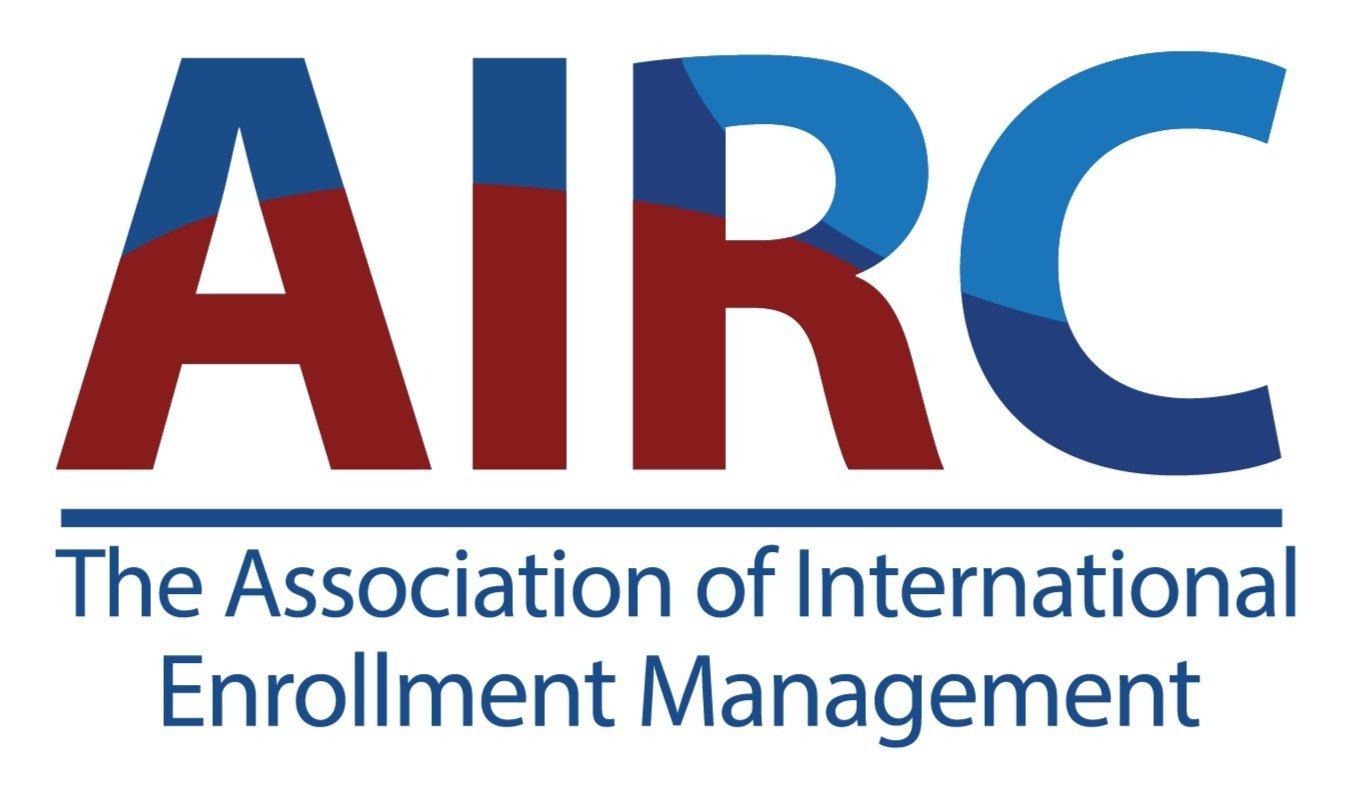As international mobility rebounds following the pandemic, the ability to recruit and admit Chinese students–the largest internationally mobile population–will grow to be an even more important part of the enrollment equation. Downward trajectories in the number of students from China studying abroad in recent years, coupled with COVID disruptions to mobility, make efforts to lower barriers for Chinese students all the more critical.
COVID’s Impact on Chinese Student Mobility
Pandemic lockdowns and their impact on students’ ability to access education around the world have made the international admission landscape more complex. China, which has maintained perhaps the most stringent policy with a “zero COVID” approach, continues to enforce lockdowns that impact the many processes on a students’ path to study abroad. One of these processes is testing.
English proficiency testing, which is an admission requirement at many English-medium institutions, has been significantly disrupted in recent years, largely due to the reliance on physical test centers to administer exams. In China, the physical lockdowns that began again this spring and impacted more than 370 million people, have meant that students who need to certify their English as part of the application process have been unable to access in-person test centers. In March, local social media channels reported that 50 out of 68 paper-based exams were canceled at IELTS centers, as well as 22 out of 32 computer-based exams. Between March and May, all of the 82 TOEFL iBT test centers in China were closed.
The Chinese Student Perspective
Adding to what is already a stressful process, testing disruptions have increased anxiety among prospective study abroad students on their path to international higher education. On Chinese social media platforms such as Weibo and RED, students shared apprehension about their ability to obtain test scores needed to complete their applications. One student shared, “My test appointment was canceled due to COVID at the last minute, and my application deadline was coming up soon. I felt helpless because I had no idea when I could get the next appointment.”
Thankfully, online testing continues to provide a solution that is recommended by both teachers and students. According to student comments from Weibo, “After several cancellations of my offline test appointments, my teacher recommended the Duolingo English Test to me. That was the first time I’d ever heard about it. After some quick research, I found out my dream school, the Art Center College of Design, accepts the DET. I felt my life was saved.” As noted in a recent report on unlocking the global talent pool, digitization of the testing process is necessary in order to meet the growing demand for English proficiency testing, and to reach more international talent.
Digital-first, Online Testing
The Duolingo English Test (DET)–a fully digital test that can be taken on-demand at home–has provided a sought-after alternative to traditional test-center-based English proficiency exams. The China-based DET team has witnessed firsthand the life-changing impact that digital English testing has had on students and their ability to pursue their academic dreams during these unprecedented times. In response to demand, the team began offering monthly webinars to both students and teachers in China, to help equip them in preparing for the test.
Since March, the DET has seen test volume from China grow by over 120 percent year over year. In affected cities such as Shanghai and parts of Beijing, test volume growth has been even more pronounced. Having a DET score has opened doors for students to access education to various programs across many international destinations including US programs such as University of Colorado Denver and University of Houston, UK programs such as University of Southampton, University of York, and University of Exeter, as well as institutions within Asia such as the Hong Kong University of Science and Technology.
Assessment technology proved that high-quality at-home testing was possible for hundreds of thousands of students during the pandemic. It’s unlikely that students will welcome a return to the status quo of in person, appointment-based testing even if test centers are able to fully reopen. Digital testing is no longer seen as a disruption, but rather a necessary and trusted component of the global mobility landscape for today’s international students and institutions.
The Duolingo English Test, which was founded in 2016, is accepted by more than 3,600 universities and programs around the world. With a mission to use assessment technology to lower barriers and increase opportunities for English language learners everywhere, the organization is well-positioned to serve students into the future where uncertainty abounds.
